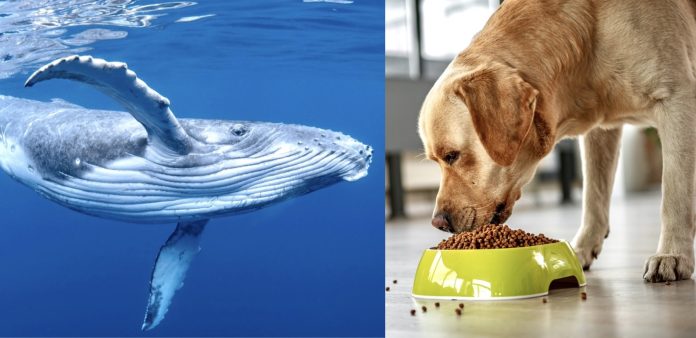
Array
Japan Is Spending Close To $40 Million U.S. Dollars To Support The Brutal Whaling Industry By Turning Unwanted Whale Meat Stockpiles Into Dog Food
By WAN
You can help all animals and our planet by choosing compassion on your plate and in your glass. #GoVeg
RELATED ARTICLES
Pressure Mounts For Arizona To Ban Dog Pack Hunting Of Mountain Lions, Bears & Other Critical Species
Conservation groups have submitted a petition to the Arizona Game and Fish Commission urging a ban on the use of dog packs for hunting...
Help Save Millions Of Lives This Holiday By Choosing Compassion On Your Plate; Adopt A Turkey Today!
As Thanksgiving approaches, we hope you enjoy a warm and safe holiday. We encourage you to make a compassionate choice by leaving animals off...
Giraffes Are One Step Closer To Receiving Vital Endangered Species Act Protections
In response to a petition and subsequent lawsuit by conservation and animal protection organizations, the U.S. Fish and Wildlife Service (USFWS) has proposed listing...
Popular stories
Giraffes Are One Step Closer To Endangered Species Act Protections After The U.S. Government Agrees To Make A Decision By The End Of 2024
In response to a lawsuit by conservation and animal protection groups, the U.S. Fish and Wildlife Service has agreed to a deadline of November...
US News
Breaking! Tommy Hilfiger, Calvin Klein, And Many Other High Fashion Brands Have Banned Exotic Animal Skins In Their Designs
We are pleased to announce that Tommy Hilfiger and Calvin Klein have officially banned exotic animal skins. Their parent company, PVH Corp., made the...
Breaking News
Outcry From Animal Welfare Groups As NOAA Grants Makah Tribe Permission To Hunt Gray Whales Off Washington State
Animal welfare groups express disappointment after U.S. federal regulators grant the Makah Tribe of Washington State a waiver of exemption from the Marine Mammal...


